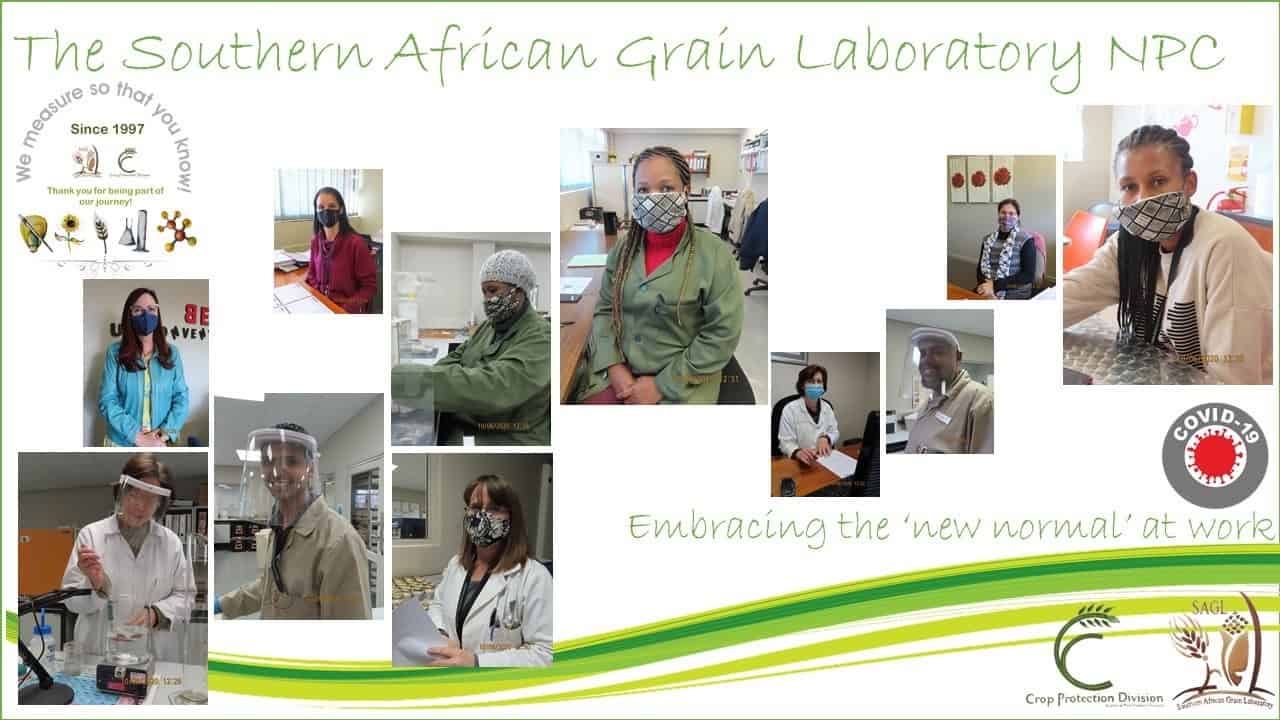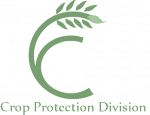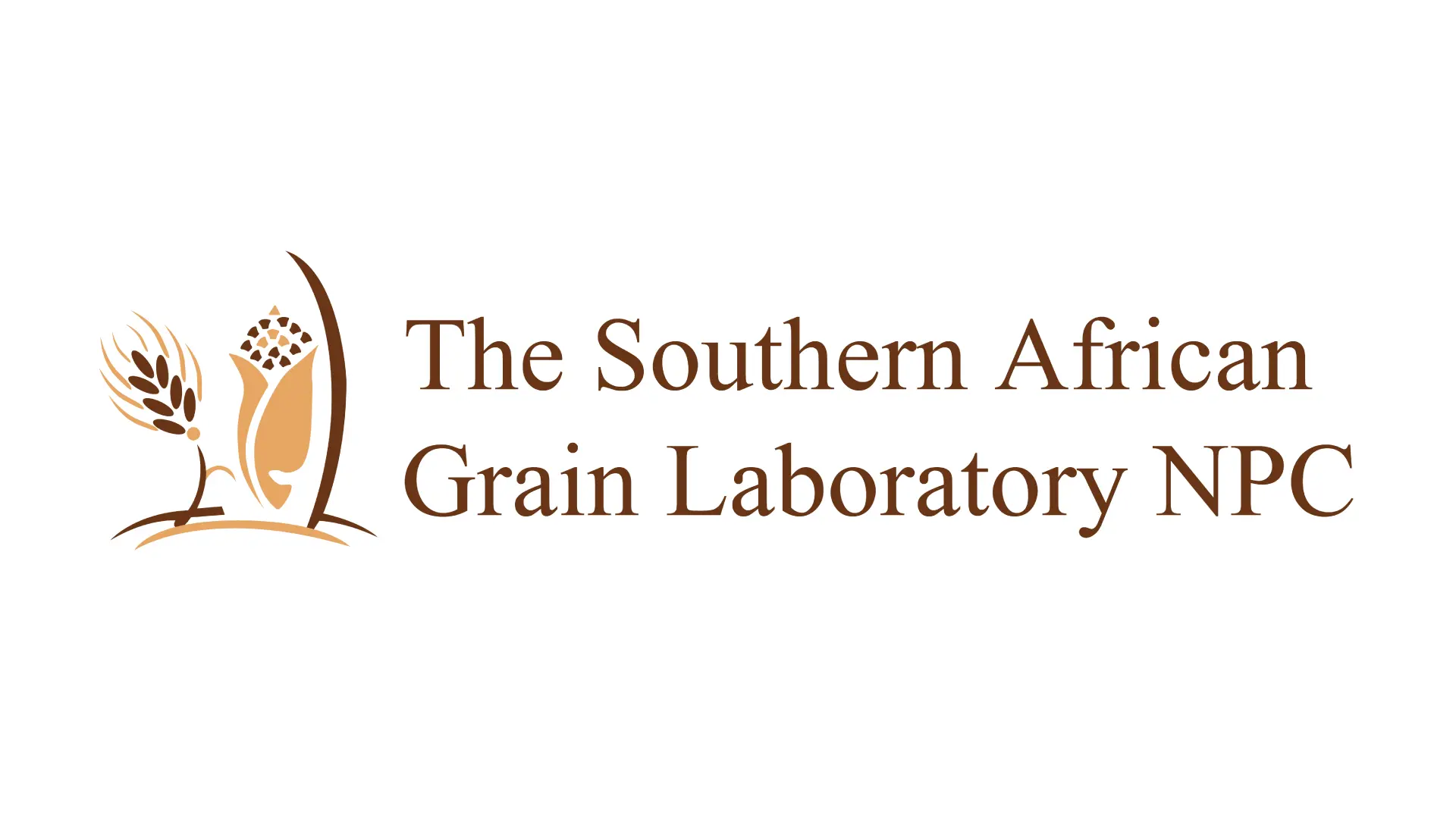With the announcement of the lockdown in South Africa during March 2020, most testing laboratories were indicated as essential services. The SA Grain Laboratory (SAGL), as an important link in the grain and oilseed food and feed value chain, continued delivering this important service to the industry to support an uninterrupted food supply to humans and animals.

With several stakeholders of the SA Grain Laboratory (SAGL) not fully operational during the lockdown and the uncertainty associated with the freedom of movement, the volumes of samples submitted for analysis, if compared to the same period in 2019, were significantly less. With the broad scope of testing at the SAGL and the interrelatedness of the results generated in the different laboratories, all the laboratories had to be operational to be able to issue test certificates.
To comply with the requirements to curb the spread of the Coronavirus and protect the employees of the Laboratory, only a limited number of staff on a rotational basis continued services. The changes implemented when the country was allowed to move from level 5 lockdown to level 4 and 3, meant that the activities increased throughout the value chain. This resulted in a slight increase in the numbers of samples submitted for analyses, albeit still less than expected when compared to the same period of 2019. The number of staff that formed part of the rotating schedule was increased marginally.
Since the SAGL is a testing laboratory that is compliant with the requirements as specified in the ISO 17025:2017 standard, as well as the principles of Good Laboratory Practice as prescribed by the Organization for Economic Cooperation and Development (OECD), a number of the requirements regarding the safety of the employees form part of the processes already implemented by the laboratory.
The health and safety requirements published as part of the efforts to prevent the spread of the virus provided the SAGL with an opportunity to review the existing procedures and implement improvements. The spatial layout of the different testing areas within the SAGL, fortunately, enables the employees to maintain a safe distance while conducting the analyses.
During the lockdown period, the agricultural sector and its value chains were classified as part of essential services, including imports of grains. The monitoring of the quality of imported grain commodities forms a critical part of the food and feed chain and thus the samples were collected in the ports and sent to the SAGL to be analysed.
In difficult times like these, the importance of an uninterrupted supply of safe and enough nutritious food is accentuated and a positive outcome of this past period was that the importance and necessity of the SAGL in the grain and oilseed value chain was confirmed. The reports of the annual crop quality analyses conducted on the 2018/’19 season’s soybeans, sunflower and grains sorghum were published on the SAGL website. The hard-copy reports will be distributed to directly affected groups and interested parties nationwide. The report on the maize samples analysed for the annual crop quality survey of the 2018/’19 season is being compiled and will be available on the SAGL website soon.
The summer grain samples collected during the 2019/’20 harvesting season
representative samples of each delivery at the various grain intake points according to the prescribed grading regulations, will be delivered to the laboratory during the next couple of months. World Metrology Day was celebrated on 20 May 2020 and World Accreditation Day on the 9th of June 2020. Both these global events underlined the importance of accurate, accredited measurements in support of food safety. Quality control analysis of raw materials and processed food and feed products are conducted at the SAGL, even on samples of staple food commodities produced for food aid programmes, to ensure that the most vulnerable people have access to safe food.
During this period, SAGL also continued to provide analysis reports on samples to be used as calibration samples, ensuring comparable measurements done throughout the chain where grains and oilseeds are traded and processed. Throughout the lockdown, the laboratory remained involved (via virtual meetings) in discussions related to the proposed changes to Regulations, such as grading and fortification, the consolidation of regulatory food testing laboratories in South Africa and the structuring of inspection services and testing in the grain and oilseed industry.


